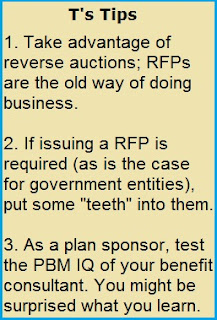In a study conducted by Berkeley Research Group, the investigators found that pharmaceutical companies only realize 39% of initial gross drug expenditures.
Prescription drug spending has skyrocketed in the last few years, which has caused many stakeholders to demand increased pricing transparency. Pricing scandals, such as the recent outrage over EpiPen, has caused Americans to become skeptical about the reasoning behind dramatic drug price increases.
Certain measurements of drug costs do not show the whole picture, and can lead to an inaccurate picture of the gross spend by the customer, and an overstatement of the profits made by manufacturers, according to the study.
Although the chain of payment can be complicated, it can be summed up by 3 transactions: initial gross spending on the drugs by patients and insurers, discounts, and rebates/fees paid by the manufacturer. This multi-step chain of wholesalers, pharmacies, and other entities can create confusion about drug costs.
Wholesalers purchase the drugs that are then sold to pharmacies and healthcare providers, and pharmacy benefit managers (PBMs) negotiate lower prices through their buying power for certain health plans or employers.
Due to the lengthy supply chain, prices inflate down the line, which leads to patients paying higher prices for their prescription drugs. However, manufacturers do provide rebates and discounts to certain patients, health plans, or PBMs, which results in lower costs.
Additionally, manufacturers are required to provide significant discounts to government health plans and other government institutions, such as Medicare or Medicaid. This acts to reduce net spending by the government, but also reduces profits realized by pharmaceutical companies, according to the study.
In the study, the investigators considered rebates, discounts, and fees paid, to show a more complex picture of pharmaceutical manufacturers’ profits and spending.
